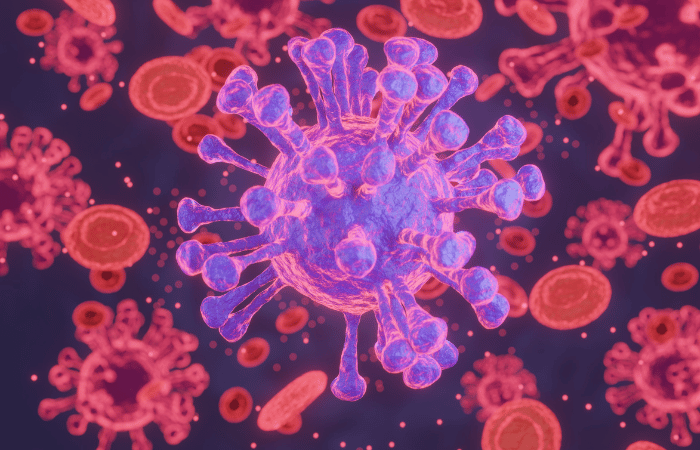May 2023: Omidubicel-onlv (Omisirge, Gamida Cell Ltd.) was approved by the Food and Drug Administration for use in adult and paediatric patients (12 years of age and older) with hematologic malignancies who are scheduled to receive an umbilical cord blood transplant after myeloablative conditioning in order to speed up neutrophil recovery and lower the risk of infection.
In Study P0501 (NCT02730299), an open-label, multicenter, randomised trial of omidubicel-onlv transplantation or unmanipulated cord blood (UCB) unit transplantation after myeloablative conditioning in patients with hematologic malignancies, the effectiveness and safety of the treatments were assessed. A total of 125 individuals were randomly assigned, with 62 receiving omidubicel-onlv and 63 receiving UCB. 52 patients had omidubicel-onlv transplantation, with a median dose of 9.0 X 106 cells/kg (range 2.1 – 47.6 X 106 cells/kg) of CD34+ cells. In the UCB arm, 56 patients had one or two cord units (66% received two cord units) implanted. The median CD34+ cell dose in the 42 patients who had post-thaw cell doses recorded was 0.2 X 106 cells/kg (range 0.0 – 0.8 X 106 cells/kg). There were other conditioning protocols utilised, such as those based on chemotherapy or Total Body Irradiation.
Time to neutrophil recovery after transplantation and the frequency of Blood and Marrow Transplant Clinical Trials Network (BMT CTN) Grade 2/3 bacterial or Grade 3 fungal infections through Day 100 after transplantation were the primary efficacy outcome measures. The median time to neutrophil recovery was 12 days (95% CI: 10-15 days) for those receiving omidubicel-onlv, and 22 days (95% CI: 19-25 days) for those receiving UCB. In the omidubicel-onlv arm, 87% of patients and 83% of those receiving UCB experienced neutrophil recovery. Through Day 100 after transplantation, the incidence of BMT CTN Grade 2/3 bacterial or Grade 3 fungal infections was 39% and 60%, respectively, in the two groups.
The prescribing material includes a Boxed Warning for deadly or life-threatening infusion reactions, graft versus host disease (GvHD), engraftment syndrome, and graft failure, similar to that of authorised UCB medicines. Omidubicel-onlv was administered to 117 individuals for any disease; of them, 47% experienced infusion reactions, 58% experienced acute GVHD, 35% experienced chronic GVHD, and 3% experienced graft failure.
The most frequent Grade 3-5 adverse responses in Study P0501 patients with hematologic malignancies were pain (33%), mucosal inflammation (31%), hypertension (25%), and gastrointestinal toxicity (19%).
The recommended omidubicel-onlv dose is two sequential infusions consisting of the following:
- a Cultured Fraction: a minimum of 8.0 × 108 total viable cells with a minimum of 8.7 percent CD34+ cells and a minimum of 9.2 × 107 total CD34+ cells, followed by
- a Non-cultured Fraction: a minimum of 4.0 × 108 total viable cells with a minimum of 2.4 × 107 CD3+ cells.
Full prescribing information for Omisirge will be available here.


